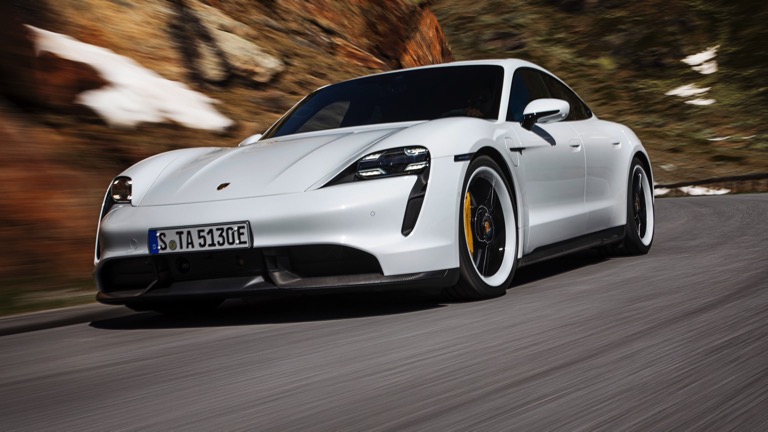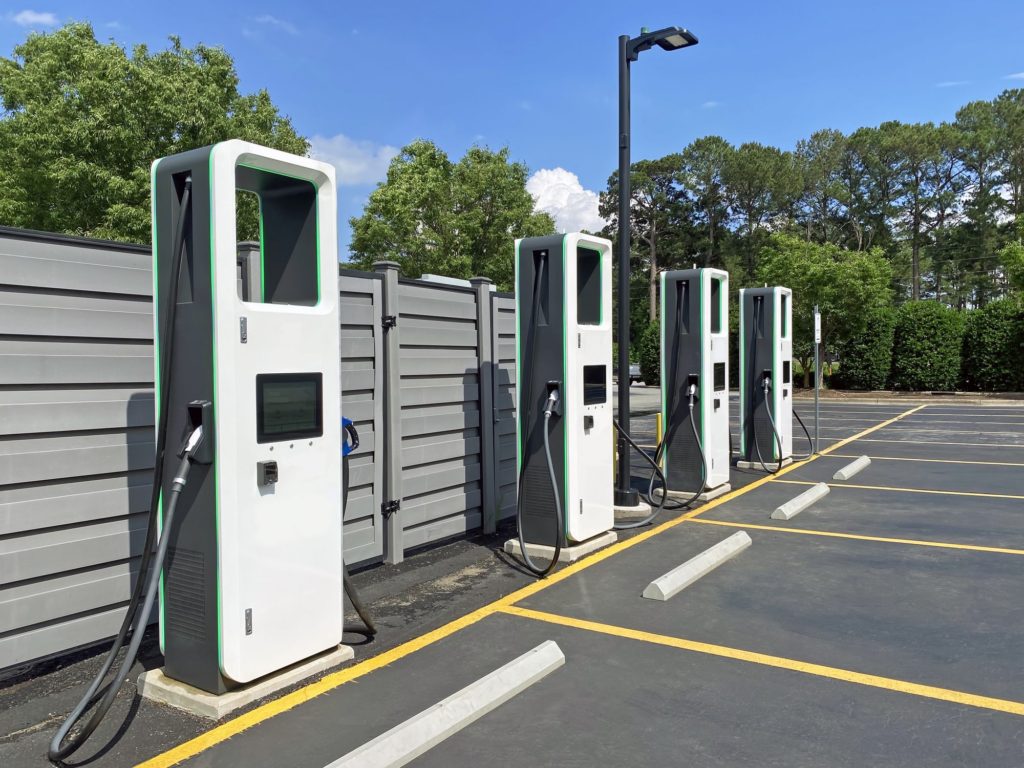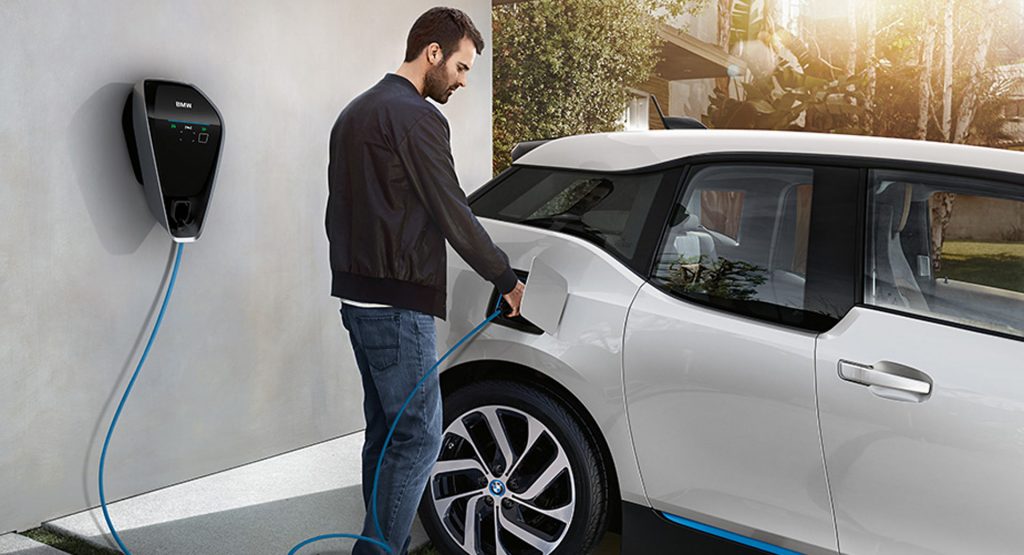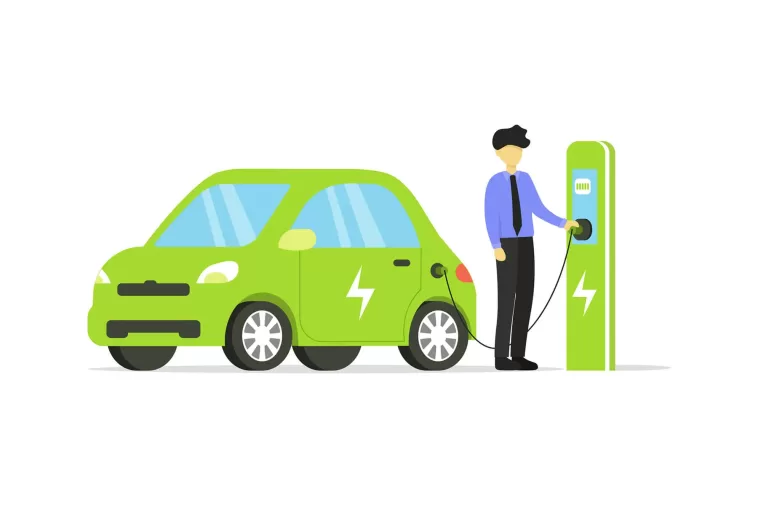Considering the high gas prices of late, lots of folks are finding ways to get around that don’t cost so much. The majority of them are now seriously considering electric vehicles (EVs) – 71 percent of Americans would be willing to consider getting an electric car after Consumer Reports.
The reasons are obvious. The electric vehicle technology is now beginning to be at a point when the EVs become the feasible cars for a common person to own. They have a reach of 150 to 300 miles or longer. They are becoming cheaper – some models, such as the Nissan Leaf and the Hyundai Ioniq cost approximately $30,000 to begin with. The cost-of-ownership of EVs is lower and, being having lower number of moving parts, EVs require fewer repairs and less maintenance than gasoline cars. Prior to heading down to the dealership to make your next car an EV, here is what you need to know about them.
“Range Anxiety” Is Real

“Range anxiety” is the name of the fear that the electric car will be out of charge and the charging station is far away. No one has this concern regarding internal combustion cars as they know that the present structure will allow the supply of more gas when needed. However, for EVs, the charging infrastructure is not great yet, and among what’s available, how the connectors charging are not standardized, which means that you could actually pull up the charging station only to find out that your plug does not accept it.
Yet, for most people, the range they will require from an EV shouldn’t be an issue. Some of the modern EVs can travel more than 500 miles on one charge. The range of EVs comes at 150 to 300 miles or thereabouts. The majority of people will spend a day driving for round 25 miles. If your daily commute is not extremely long, you don’t need an EV with a big range for your daily driving needs.
Public Charging Stations May Be Hard to Come By

The lack of public charging points is one of the main disadvantages of EVs. They are simply not as numerous as gasoline stations and that may pose a problem for an EV user. The Biden administration has, however, committed to giving $7.5 billion to develop EV public charging infrastructure across the nation, so that is expected to happen shortly.
In addition, numerous people refuel their EVs at home. You should have an EV home charger, which is, generally a cheaper way of charging than charging in a public charger, and in this way, you can add range to the battery while you rest so that you prepare for the next day’s commute. Be that as it may, charging your car from a 120-volt outlet may take over 16 hours to be fully charged. The normal outlet is 240 volts which is the same as the approach that your dryer uses and that means that your car will be fully charged in eight hours or so. Please note that you are not supposed to charge your car to full capacity every day. The charge is able to last for several days and even if you only have a 120-volt outlet that can used to power your car, you can get enough electricity just for your daily activities.
Installing a Charging Outlet in Your Home Could Be Expensive

Whatsoever is the 240-volt outlet that you have to purchase for the purpose of charging your EV, expect to pay a high price. Cars.com had 240-volt chargers put in six houses and it was revealed that the charges amounted to between $1,700 and $9,000. Nevertheless, you would be able to obtain a rebate for power used in charging an electric vehicle or get EV charger rebates from your municipal or state.
You Might Quality for a Federal Tax Credit for Buying an EV
Apart from the state and local incentives, one can be eligible for a $7,500 federal tax credit for purchasing some type of electric vehicle. Some EV manufacturers such as Tesla have sold too many cars for buyers to qualify, but you can still qualify by purchasing Chevy’s very cost-effective electric car, the Bolt. Nissan Leaf buyers may still qualify for a few days, while buyers of Cadillac electric vehicles can also qualify.
EVs Tend to Cost Less to Operate and Maintain than Gas Cars
EVs are quick, silent, and entertaining to drive and do away with carbon emissions. They’re also cheaper to run than gas cars – if you charge at home, you can juice up your EV for as little as $10. Besides, fast charging at public charging stations also costs about $30, which still is more profitable than a full tank of gas. Furthermore, EVs do not have oil or other fluids to change or as many moving parts as gas cars, so you will spend about half in repairs and maintenance on an EV.
For a lot of people, now seems to be the right time to go electric – and not too soon. Contribute to a more sustainable tomorrow, by buying your first EV.



